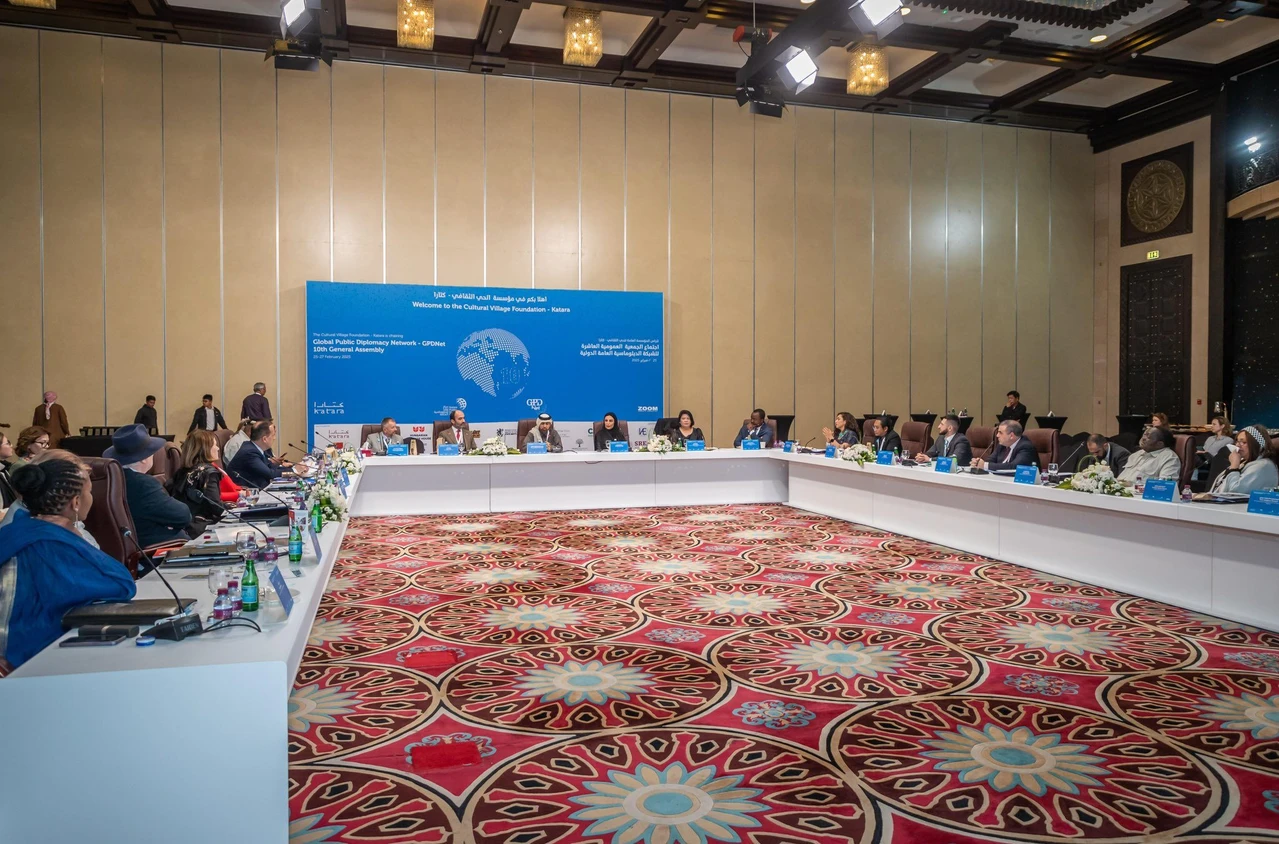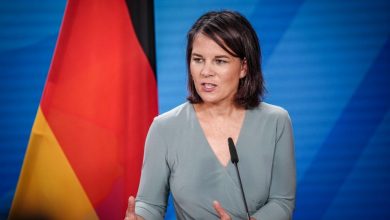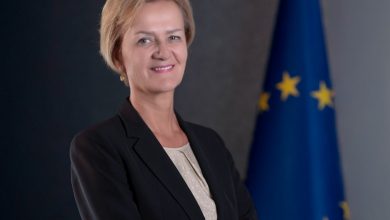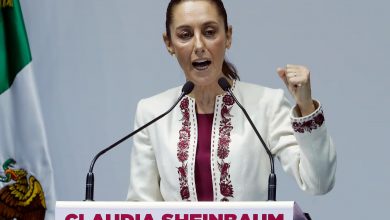Glimpes: Ursula von der Leyen, Leading Europe into the Future
Ursula von der Leyen, the President of the European Commission, stands at the helm of one of the world’s largest economic and political entities, guiding the European Union (EU) through unprecedented challenges and towards a brighter future. With her blend of experience, determination, and vision, von der Leyen has emerged as a pivotal figure in shaping the direction of Europe in the 21st century.

Early Life and Education: Born on October 8, 1958, in Brussels, Belgium, Ursula von der Leyen hails from a family deeply rooted in politics. Her father, Ernst Albrecht, served as a senior European Commission official and later as the Minister President of Lower Saxony. Growing up in a diplomatic environment, von der Leyen developed a keen interest in international affairs and public service.
After completing her secondary education, von der Leyen pursued higher studies in economics at the University of Göttingen, followed by medical studies at the Hanover Medical School. She earned her medical degree in 1987 and subsequently worked as a physician, gaining valuable insights into healthcare and public health issues.
Rise in Politics: Von der Leyen’s political journey began in the early 2000s when she joined the Christian Democratic Union (CDU), Germany’s largest center-right political party. She quickly distinguished herself within the party ranks and assumed various ministerial roles at the state level in Lower Saxony.

In 2005, von der Leyen was appointed Minister for Family Affairs, Senior Citizens, Women, and Youth in Chancellor Angela Merkel’s government. In this capacity, she spearheaded initiatives to enhance childcare facilities, expand parental leave policies, and promote gender equality in the workforce, earning widespread acclaim for her efforts.
Trailblazing Leadership: Von der Leyen’s tenure as Germany’s first female Minister of Labor and Social Affairs from 2009 to 2013 further solidified her reputation as a capable and forward-thinking leader. She implemented comprehensive labor market reforms and introduced measures to address unemployment and poverty, demonstrating her commitment to social justice and economic prosperity.
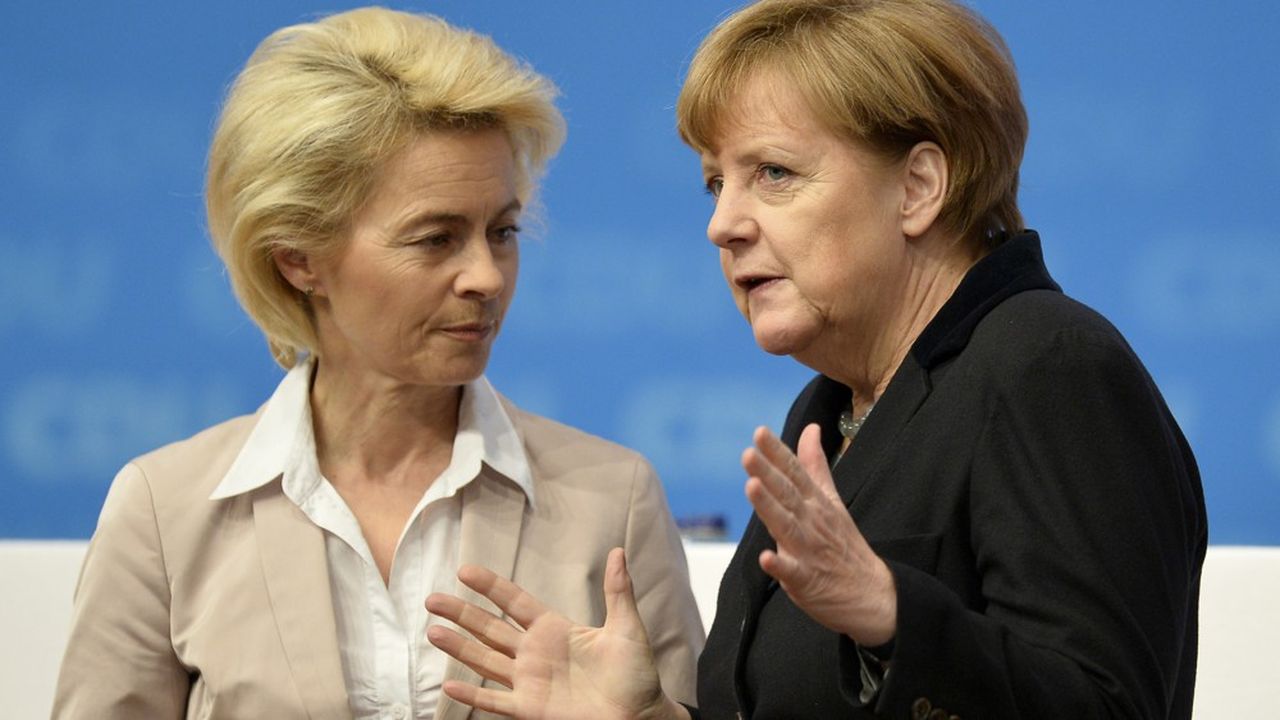
In July 2019, von der Leyen made history once again when she was nominated by the European Council as the candidate for President of the European Commission, succeeding Jean-Claude Juncker. Following a rigorous confirmation process by the European Parliament, she assumed office on December 1, 2019, becoming the first woman to lead the EU’s executive branch.
Challenges and Ambitions: As President of the European Commission, Ursula von der Leyen has faced a series of formidable challenges, including the COVID-19 pandemic, climate change, geopolitical tensions, and economic uncertainty. In response, she has championed bold and ambitious policy initiatives aimed at safeguarding public health, revitalizing the economy, and advancing the EU’s strategic priorities.
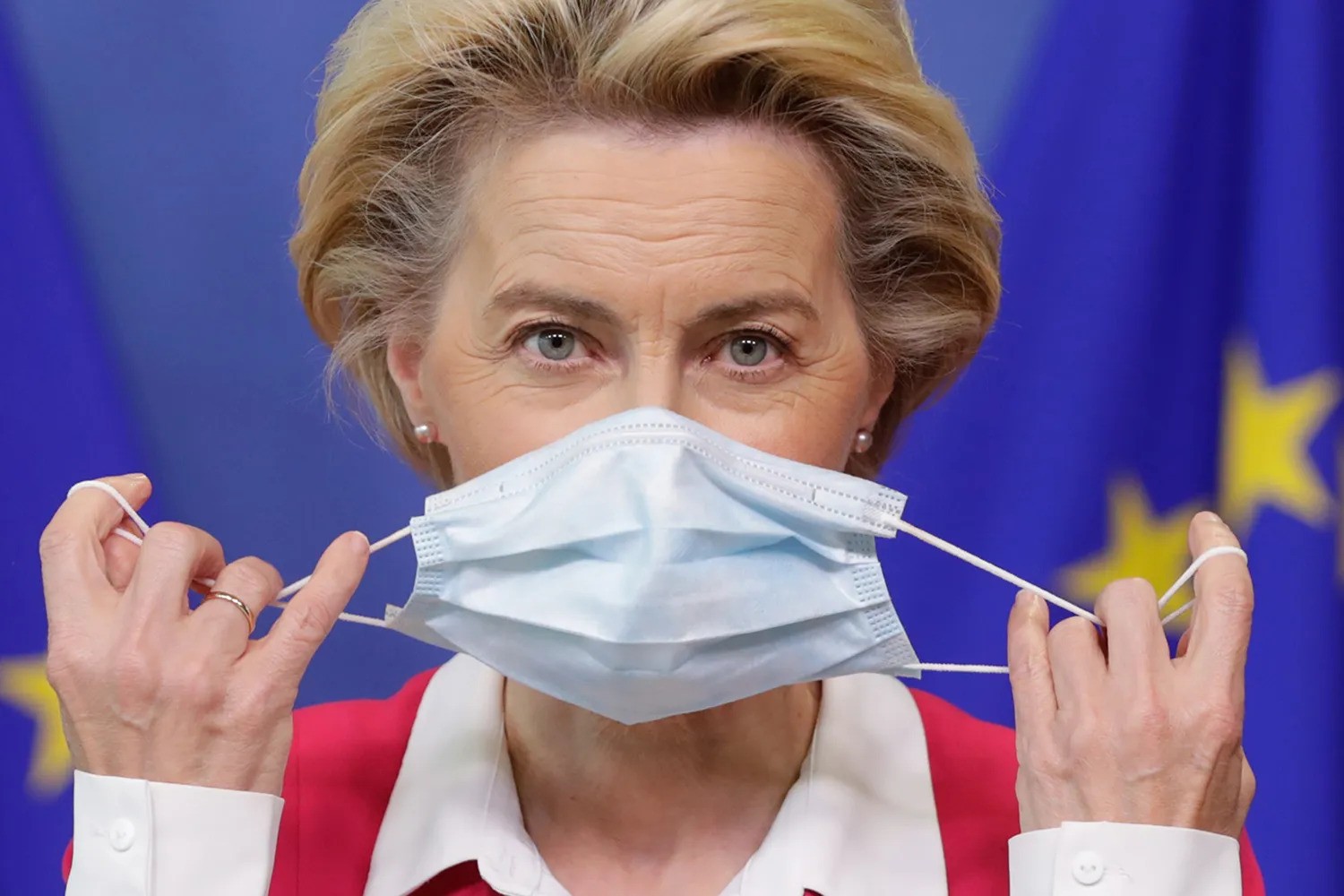
Under von der Leyen’s leadership, the European Commission has unveiled landmark initiatives such as the European Green Deal, a comprehensive plan to achieve climate neutrality by 2050, and the NextGenerationEU recovery fund, designed to support member states in their post-pandemic recovery efforts. These initiatives reflect von der Leyen’s commitment to building a more resilient, inclusive, and sustainable Europe for future generations.
Personal Life: Ursula von der Leyen is married to Heiko von der Leyen, a physician and professor of medicine, and they have seven children together. She is fluent in multiple languages, including German, English, and French.

Legacy and Impact: As one of the most influential leaders in European politics, Ursula von der Leyen’s tenure as President of the European Commission will leave a lasting imprint on the trajectory of the EU. Her bold leadership, strategic vision, and unwavering dedication to European unity and prosperity have earned her widespread admiration and respect both at home and abroad.
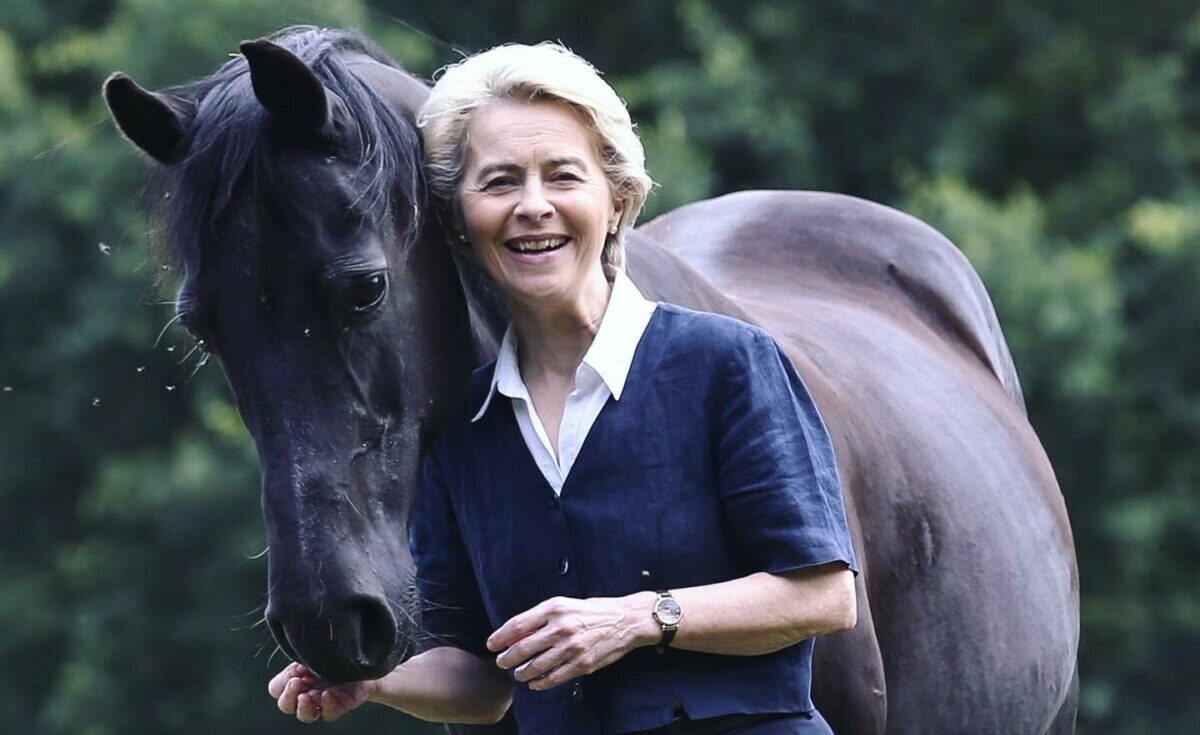
As Europe navigates a rapidly evolving global landscape, von der Leyen remains steadfast in her commitment to advancing the values of democracy, human rights, and multilateral cooperation. With her leadership, Europe is poised to confront the challenges of the 21st century and emerge stronger, more resilient, and more united than ever before.
